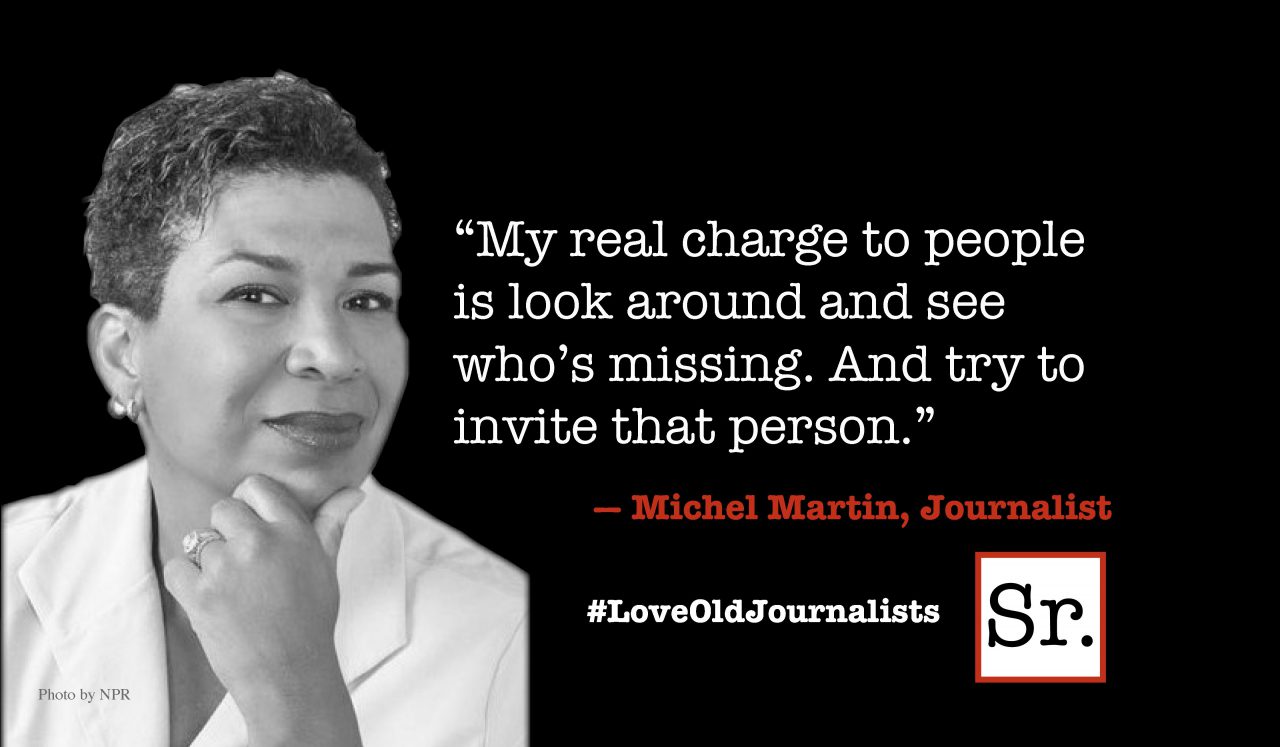Q. I’ve had allergies my whole life and I’m thinking of going in for the shots. What do you think?
Immunotherapy, also known as allergy shots or vaccinations, can alleviate allergy symptoms. However, shots don’t work on all allergies or all people.
Doctors advise against allergy shots if you take a beta blocker for high blood pressure or heart problems. If you’re considering immunotherapy, seek the advice of a good allergist.
Allergy shots are a series of scheduled injections meant to desensitize you to specific allergens — the substances that trigger an allergic response. The usual schedule is a shot once or twice a week for about three to six months. After that, you'll need a shot about once a month for three to five years.
Allergy shots are commonly used to treat allergic rhinitis (hay fever) and asthma. Allergy shots may also control allergic reactions to stinging insects, such as bees, yellow jackets, hornets and wasps. But the shots are not effective for food allergies.
If you have seasonal hay fever, you may be allergic to pollens from trees, grasses or weeds. If you have year-round discomfort, you may be sensitive to indoor allergens such as dust mites, cockroaches, mold or pet dander.
The common symptoms of allergic rhinitis are itchy eyes, nose, or throat; nasal congestion, runny nose, watery eyes, chest congestion or wheezing. If your eyes also become red and swollen, you suffer from allergic conjunctivitis.
Before starting allergy shots, your doctor may use a skin test to confirm that you have allergies and determine which specific allergens cause your signs and symptoms. During the test, a small amount of the suspected allergen is scratched into your skin and the area is then observed for about 20 minutes. Swelling and redness indicate an allergy to the substance.
The shots won’t give you immediate relief. You'll probably see improvement in the first year of treatment. The most noticeable improvement often happens during the second year. By the third year, most people are desensitized to the allergens contained in the shots.
For some people, successful treatment leads to a life without allergy symptoms. For others, shots must continue on a long-term basis to keep allergy symptoms at bay.
An allergic reaction is a complex chain of events that involves many cells, chemicals and tissues throughout the body. While there is no cure for allergic disease, there are many medications available to lessen symptoms. About 50 million Americans suffer from an allergy.
Major allergic diseases include: allergic rhinitis, allergic conjunctivitis, asthma, atopic dermatitis (eczema), hives (urticaria), and reactions to substances such as food, latex, medications, and insect stings.
We don’t know why some substances trigger allergies and others do not. We also don’t understand why every person does not react to allergens. A family history of allergies is the single most important factor that predisposes a person to develop allergies.
If you would like to read more columns, you can order a copy of “How to be a Healthy Geezer” at www.healthygeezer.com.








